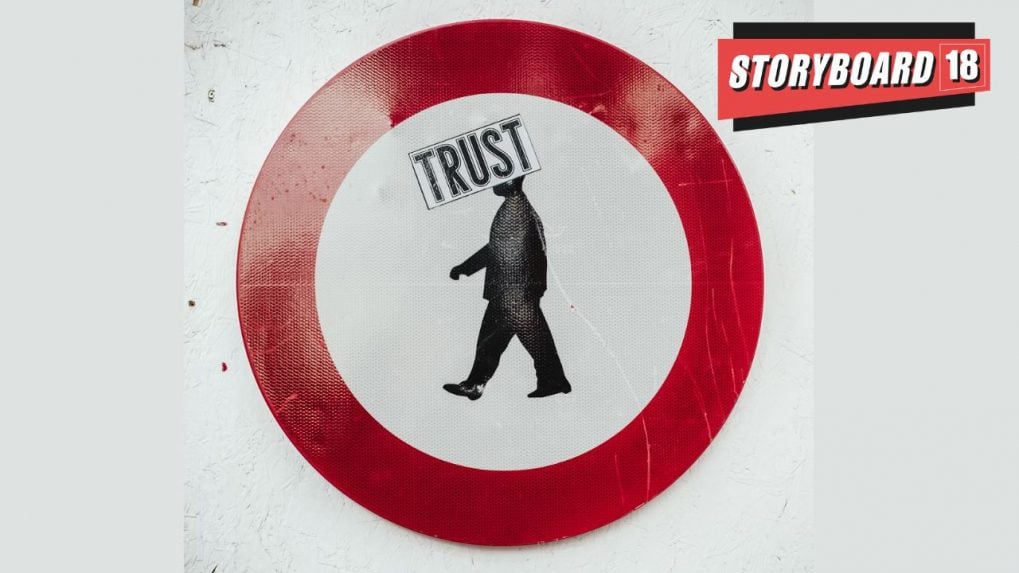How it Works
WPP, Havas, Omnicom: Are advertising’s biggest holdcos recasting agencies as AI Operating Systems?

Following the Pahalgam terror attack and Operation Sindoor, India is reportedly ordering the removal of more than 1,000 instances of misinformation and disinformation from social media platforms each day. Sources indicate that these takedown orders are being issued under Section 69A of the IT Act, which allows the central government to block content to safeguard India's sovereignty, integrity, defense, security, foreign relations, and public order, as per Moneycontrol.
An official stated that action is being taken against numerous social media accounts spreading false information, with daily removals consistently exceeding 1,000, Moneycontrol further highlighted.
The surge in malicious content has reportedly led to high-level virtual discussions between the Ministry of Electronics and Information Technology (MeitY), the Ministry of Information and Broadcasting (MIB), and key social media intermediaries. These meetings focused on accelerating compliance with government takedown requests and enhancing proactive monitoring by the platforms.
Since the Pahalgam terror attack, the Press Information Bureau's (PIB) Fact Check unit has intensified its efforts to combat misinformation. Over the past fortnight, the agency has reportedly identified and debunked at least 15 false claims related to the current situation. These included false reports of Air Marshal S.P. Dharkar's removal, counterfeit letters purportedly from the Jammu and Kashmir Police, bogus claims about the cancellation of government exams, and misleading information regarding the deployment of armed forces.
The FCU has been using its official social media channels, notably on X (formerly Twitter), to debunk these claims. This crackdown on disinformation aligns with broader government efforts to strengthen cyber posture and information security following the recent attack and the May 7 Operation Sindoor, in which India targeted terrorist cells in Pakistan.
From purpose-driven work and narrative-rich brand films to AI-enabled ideas and creator-led collaborations, the awards reflect the full spectrum of modern creativity.
Read MoreThe Storyboard18 Awards for Creativity have unveiled a Grand Jury comprising some of India’s most influential leaders across advertising, business, policy and culture, positioning it among the country’s most prestigious creative award platforms.